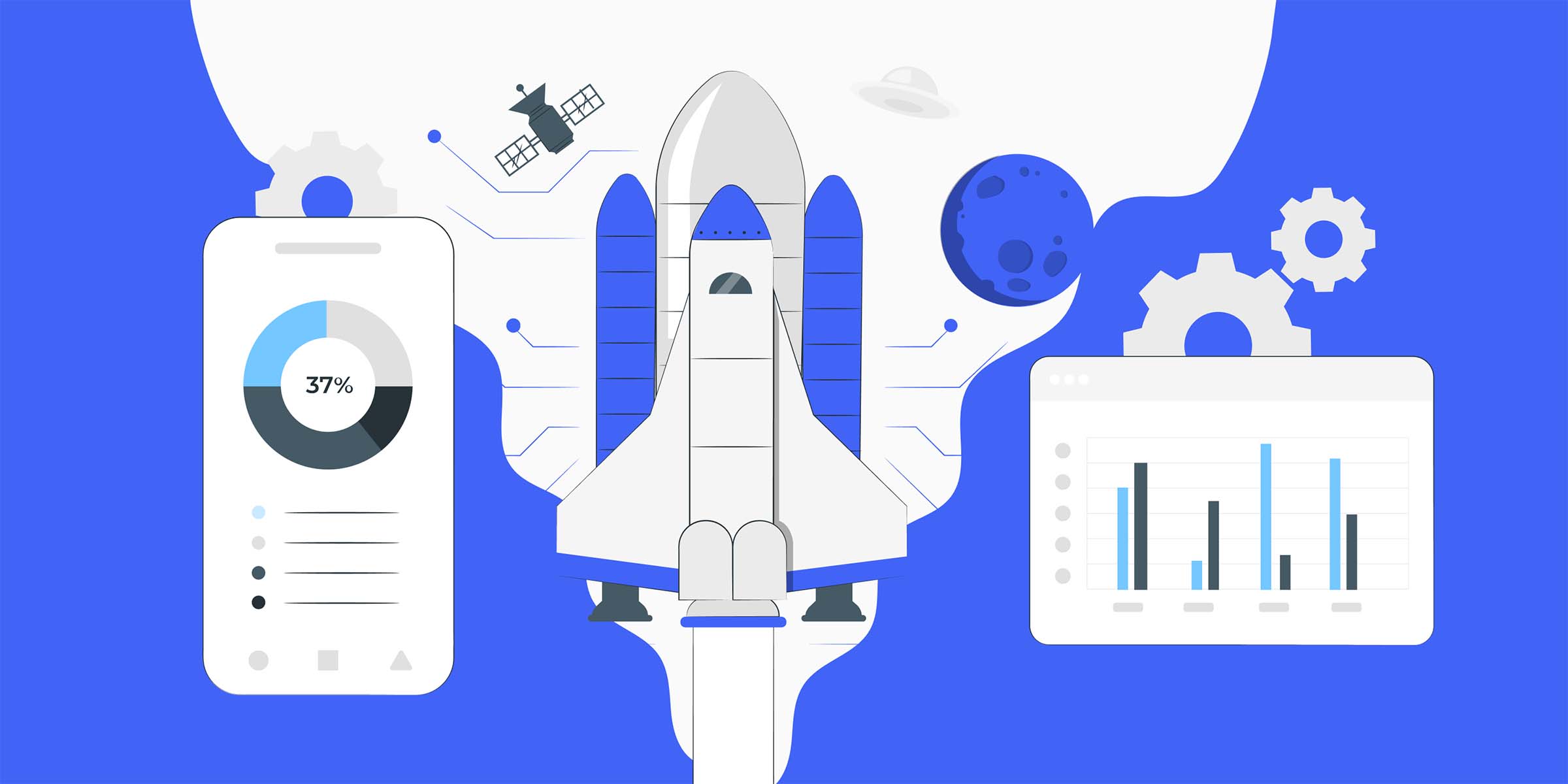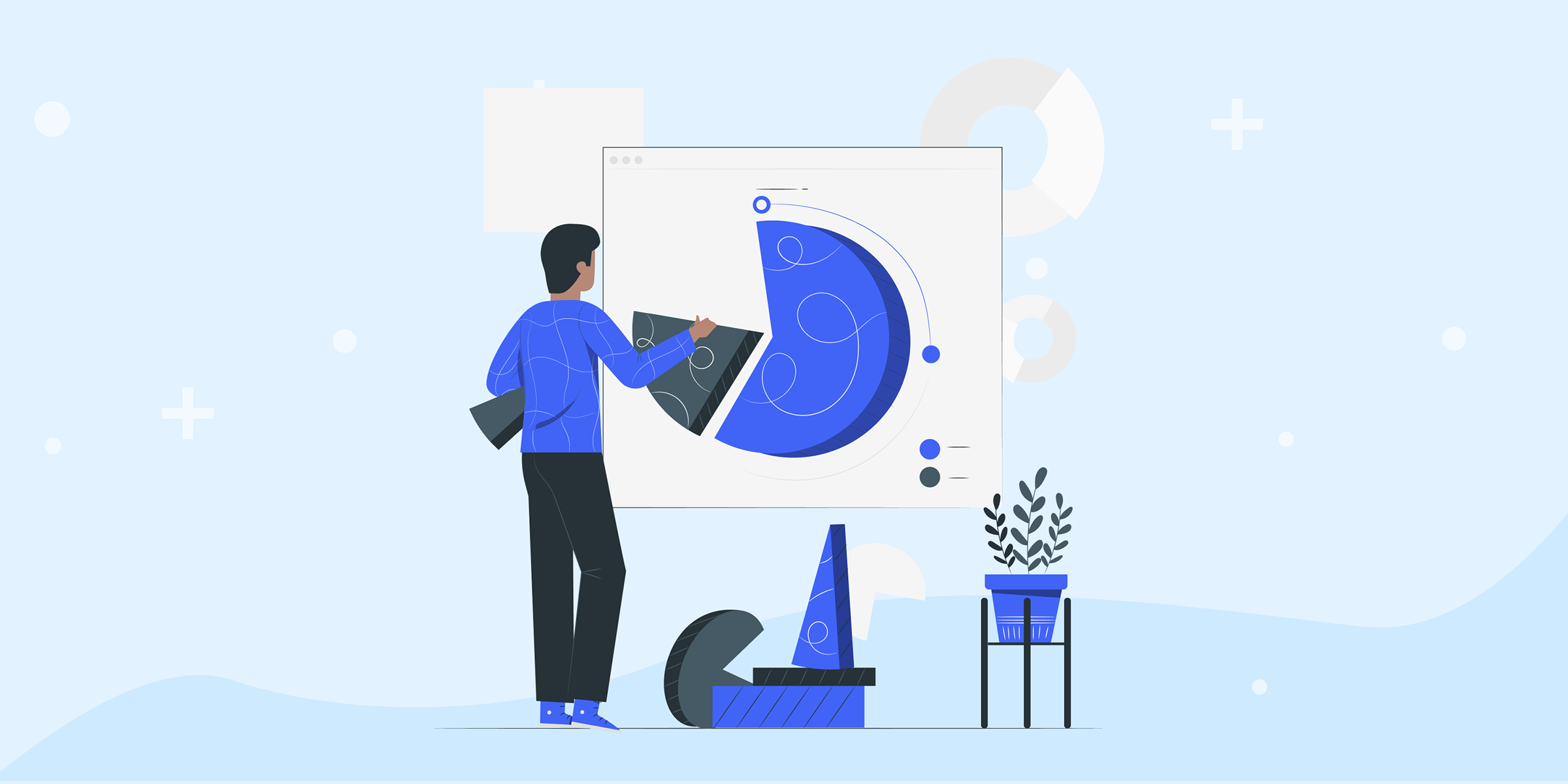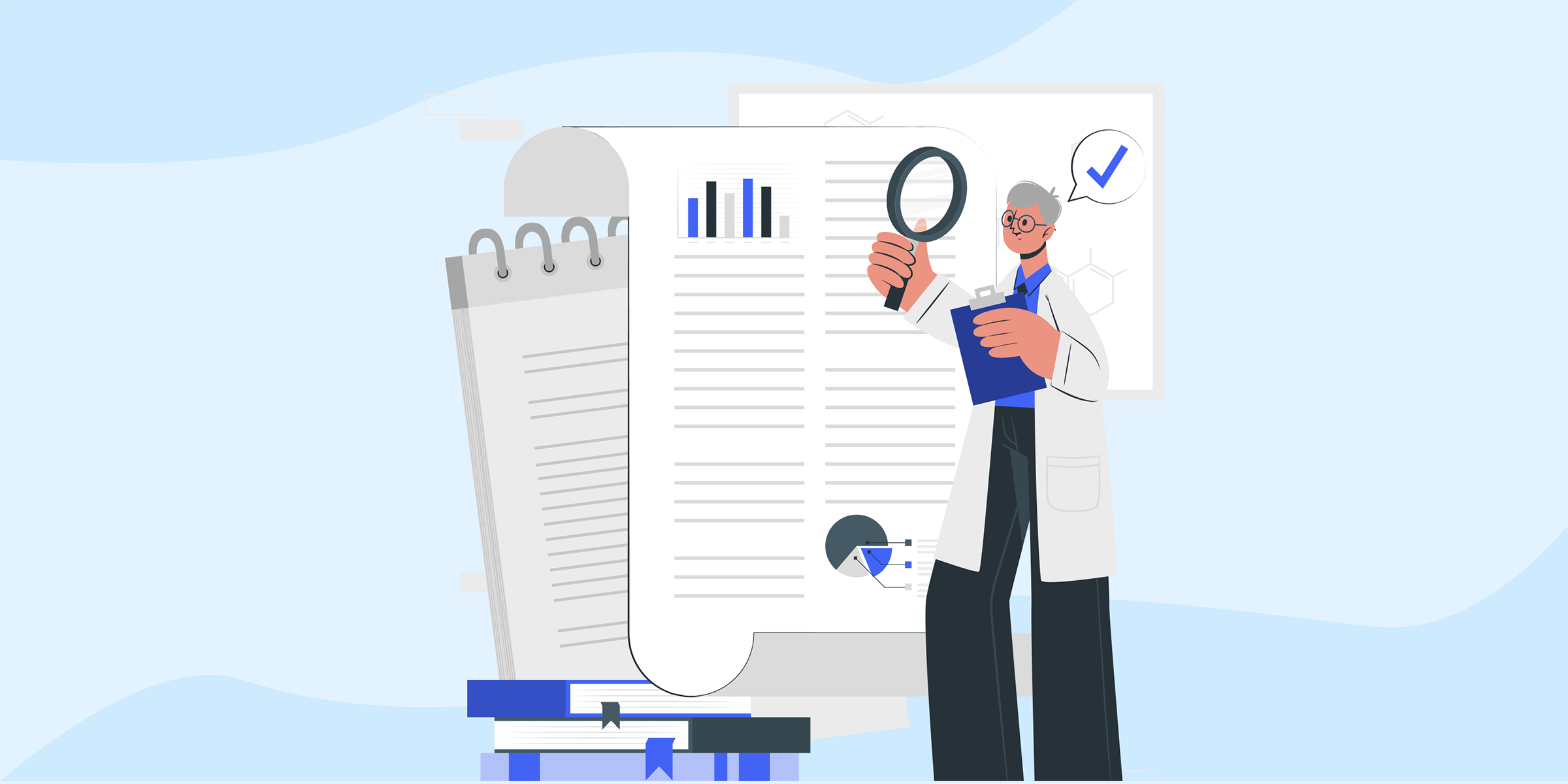Residential Proxies
Allowlisted 200M+ IPs from real ISP. Managed/obtained proxies via dashboard.

Proxies Services
Residential Proxies
Allowlisted 200M+ IPs from real ISP. Managed/obtained proxies via dashboard.
Residential (Socks5) Proxies
Over 200 million real IPs in 190+ locations,
Unlimited Residential Proxies
Unlimited use of IP and Traffic, AI Intelligent Rotating Residential Proxies
Static Residential proxies
Long-lasting dedicated proxy, non-rotating residential proxy
Dedicated Datacenter Proxies
Use stable, fast, and furious 700K+ datacenter IPs worldwide.
Mobile Proxies
Dive into a 10M+ ethically-sourced mobile lP pool with 160+ locations and 700+ ASNs.
Scrapers
Collection of public structured data from all websites
Proxies
Residential Proxies
Allowlisted 200M+ IPs from real ISP. Managed/obtained proxies via dashboard.
Starts from
$0.6/ GB
Residential (Socks5) Proxies
Over 200 million real IPs in 190+ locations,
Starts from
$0.03/ IP
Unlimited Residential Proxies
Unlimited use of IP and Traffic, AI Intelligent Rotating Residential Proxies
Starts from
$1816/ MONTH
Rotating ISP Proxies
ABCProxy's Rotating ISP Proxies guarantee long session time.
Starts from
$0.4/ GB
Static Residential proxies
Long-lasting dedicated proxy, non-rotating residential proxy
Starts from
$4.5/MONTH
Dedicated Datacenter Proxies
Use stable, fast, and furious 700K+ datacenter IPs worldwide.
Starts from
$4.5/MONTH
Mobile Proxies
Allowlisted 200M+ IPs from real ISP. Managed/obtained proxies via dashboard.
Starts from
$1.2/ GB
Scrapers
Web Unblocker
Simulate real user behavior to over-come anti-bot detection
Starts from
$1.2/GB
Serp API
Get real-time search engine data With SERP API
Starts from
$0.3/1K results
Scraping Browser
Scale scraping browsers with built-inunblocking and hosting
Starts from
$2.5/GB
Documentation
All features, parameters, and integration details, backed by code samples in every coding language.
TOOLS
Resources
Addons
ABCProxy Extension for Chrome
Free Chrome proxy manager extension that works with any proxy provider.
ABCProxy Extension for Firefox
Free Firefox proxy manager extension that works with any proxy provider.
Proxy Manager
Manage all proxies using APM interface
Proxy Checker
Free online proxy checker analyzing health, type, and country.
Proxies
AI Developmen
Acquire large-scale multimodal web data for machine learning
Sales & E-commerce
Collect pricing data on every product acrossthe web to get and maintain a competitive advantage
Threat Intelligence
Get real-time data and access multiple geo-locations around the world.
Copyright Infringement Monitoring
Find and gather all the evidence to stop copyright infringements.
Social Media for Marketing
Dominate your industry space on social media with smarter campaigns, anticipate the next big trends
Travel Fare Aggregation
Get real-time data and access multiple geo-locations around the world.
By Use Case
English
繁體中文
Русский
Indonesia
Português
Español
بالعربية

Scraping data from Google Hotels can be a valuable way to gather information for various purposes, such as market research, competitive analysis, or simply finding the best deals for your next trip. In this Python tutorial, we will explore how to scrape data from Google Hotels efficiently and effectively.
Web scraping is the process of extracting information from websites. It involves sending a request to a website, parsing the HTML content, and extracting the desired data. However, it is important to note that some websites may have restrictions or terms of service that prohibit scraping, so it is crucial to check the website's policy before proceeding.
Google Hotels is a powerful tool that allows users to search for and compare hotel prices across various platforms. By scraping data from Google Hotels, you can gather information on hotel prices, availability, reviews, and more in one centralized location.
## Setting Up Your Environment
Before we start scraping Google Hotels, we need to set up our Python environment. Make sure you have Python installed on your machine, along with the necessary libraries such as Requests, BeautifulSoup, and Selenium for web scraping.
## Sending Requests to Google Hotels
To scrape data from Google Hotels, we first need to send a request to the Google Hotels website. We can use the Requests library in Python to send a GET request to the Google Hotels URL and retrieve the HTML content.
## Parsing HTML with BeautifulSoup
Once we have retrieved the HTML content of the Google Hotels page, we can use the BeautifulSoup library to parse the HTML and extract the relevant information. BeautifulSoup allows us to navigate the HTML structure and locate specific elements such as hotel names, prices, and reviews.
## Extracting Data
After parsing the HTML content, we can start extracting the data we are interested in. This may include hotel names, prices, ratings, reviews, and any other relevant information. We can use BeautifulSoup to locate the specific HTML elements that contain this data and extract it accordingly.
## Handling Dynamic Content with Selenium
In some cases, the content on the Google Hotels website may be loaded dynamically using JavaScript. In such situations, we can use the Selenium library in Python to control a web browser and interact with the dynamic elements to retrieve the data we need.
## Storing Data
Once we have scraped the desired data from Google Hotels, we can store it in various formats such as CSV, Excel, or a database for further analysis. Storing the data allows us to manipulate and visualize it to gain insights or make informed decisions.
When scraping data from Google Hotels or any other website, it is essential to follow best practices to avoid being blocked or violating the website's terms of service. Some best practices include:
- Being respectful of the website's policies and terms of service
- Limiting the frequency of requests to avoid overwhelming the server
- Using appropriate user agents and headers to mimic human behavior
- Handling errors and exceptions gracefully to avoid disruptions in the scraping process
## Conclusion
Scraping data from Google Hotels using Python can provide valuable insights for a variety of purposes. By following the steps outlined in this tutorial and adhering to best practices, you can effectively gather and utilize data from Google Hotels to make informed decisions. Happy scraping!
Featured Posts
Popular Products
Residential Proxies
Allowlisted 200M+ IPs from real ISP. Managed/obtained proxies via dashboard.
Residential (Socks5) Proxies
Over 200 million real IPs in 190+ locations,
Unlimited Residential Proxies
Use stable, fast, and furious 700K+ datacenter IPs worldwide.
Rotating ISP Proxies
ABCProxy's Rotating ISP Proxies guarantee long session time.
Residential (Socks5) Proxies
Long-lasting dedicated proxy, non-rotating residential proxy
Dedicated Datacenter Proxies
Use stable, fast, and furious 700K+ datacenter IPs worldwide.
Web Unblocker
View content as a real user with the help of ABC proxy's dynamic fingerprinting technology.
Related articles

Aiohttp vs HTTPX: Exploring the Ultimate Python Async HTTP Clients
When comparing aiohttp vs httpx, both Python libraries offer powerful features for handling HTTP requests. Discover the differences and choose the best for your projects. Explore the advantages of aiohttp's asynchronous capabilities versus httpx's simplicity. Make an informed decision based on performance, flexibility, and ease of use.

Unlock Success: Discover the Power of Proxy Products for Enhanced Performance
Looking for a reliable proxy product? Our latest blog covers everything you need to know about choosing the best proxy product for your needs. Discover how proxies can enhance your online security and browsing experience. Choose wisely, stay protected!